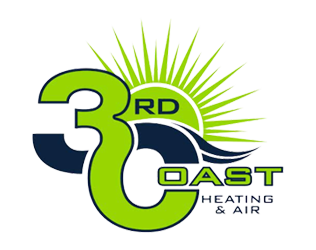Summer HVAC System Tips
Here are some summer HVAC system tips to help you keep your home cool and efficient during the hot summer months:
Change your air filters regularly: Dirty filters can restrict airflow and reduce the efficiency of your HVAC system. Replace or clean the filters every 1-3 months, depending on your usage and filter type.
Schedule regular HVAC maintenance: Arrange for a professional HVAC technician to inspect and tune up your system before the summer season begins. Regular maintenance ensures optimal performance and helps identify and fix any issues early on.
Use a programmable thermostat: Install a programmable or smart thermostat to set temperature schedules and optimize energy usage. Raise the temperature when you're away from home and lower it before you return to save energy and maintain comfort.
Seal air leaks: Inspect your home for any air leaks around windows, doors, and ductwork. Use weatherstripping, caulk, or insulation to seal these leaks and prevent cool air from escaping and warm air from entering your home.
Utilize natural ventilation: Take advantage of cooler nights by opening windows and using fans to circulate fresh air throughout your home. This can help reduce reliance on your HVAC system during mild weather.
Use blinds or curtains: Close curtains or blinds during the day to block out the heat from direct sunlight. This helps keep your home cooler and reduces the workload on your HVAC system.
Avoid heat-generating activities: During the hottest parts of the day, try to minimize activities that generate heat, such as using the oven or dryer. Opt for grilling outdoors or air-drying clothes when possible.
Ensure proper airflow: Keep furniture, rugs, and other objects away from vents and registers to ensure unrestricted airflow. Blocked vents can hamper the efficiency of your HVAC system.
Consider using fans: Use ceiling fans or portable fans to help circulate air and create a wind-chill effect. This can make the room feel cooler, allowing you to raise the thermostat temperature and save energy.
Check your insulation: Adequate insulation in your home helps keep the cool air in and the hot air out. Ensure your attic, walls, and ductwork are properly insulated to maximize energy efficiency.
Remember to consult with a qualified HVAC professional if you have any specific concerns or questions about your HVAC system.

